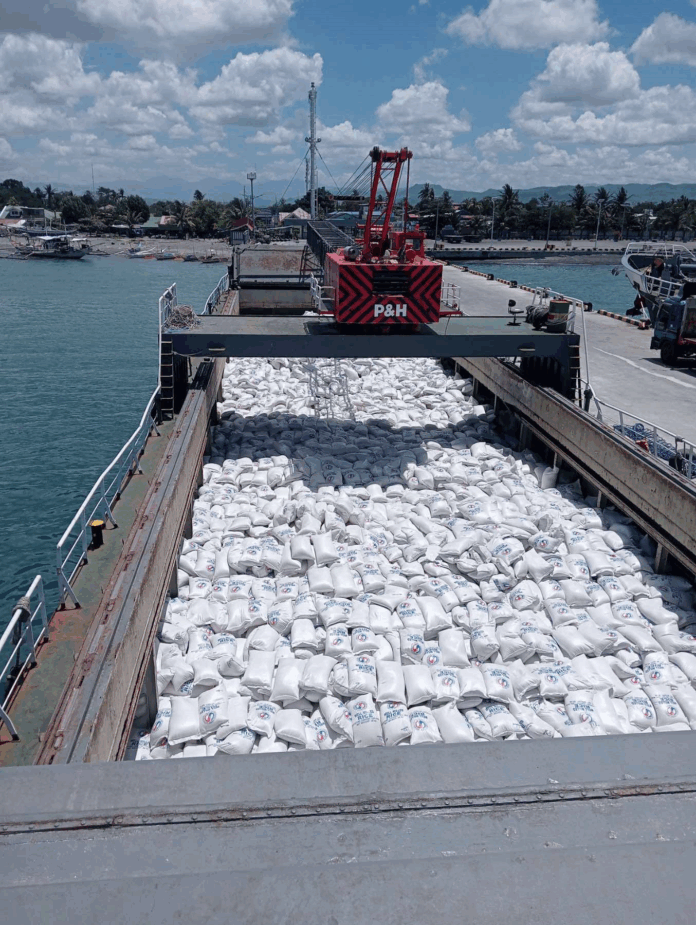Local agricultural groups have expressed support for the Department of Agriculture’s (DA) decision to implement a 60-day rice import ban starting 1 September, aimed at protecting rice farmers in the upcoming wet season harvest. However, reactions are mixed on Vietnam’s reported plan to challenge the move before the World Trade Organization (WTO).
Agriculture Secretary Francisco Tiu Laurel Jr. defended the import suspension as a “protective measure” necessary to ensure fair farmgate prices for Filipino rice producers. “We are just doing what we need to do to protect our farmers,” Tiu Laurel said, as he appealed to Vietnamese rice traders to reconsider any protest before the WTO.
As of 14 August, the Philippines had imported 2.67 million metric tons (MT) of rice this year, with Vietnam supplying 78 percent of the total, or about 2.09 million MT, according to the Bureau of Plant Industry.
The Samahang Industriya ng Agrikultura (SINAG) voiced full support for the DA and dismissed Vietnam’s protest as “empty,” citing the weakening relevance of the WTO. SINAG executive director Jayson Cainglet said that since major economies like the United States have resorted to unilateral trade measures, the multilateral system has become obsolete.
“Countries around the world are increasingly prioritizing their own producers. We must do the same,” Cainglet said, adding that the Philippines should adopt stronger policies to ensure food sovereignty and long-term agricultural security.
He also urged the government to roll back rice tariffs to original levels to provide “genuine safeguards” for local farmers.
Meanwhile, the Federation of Free Farmers (FFF) offered more measured support. National manager Raul Montemayor said the import ban could have been implemented more discreetly to avoid provoking international trade disputes. “It is also difficult to threaten Vietnam when we are the ones violating WTO rules and are heavily dependent on them for our rice imports,” he noted.
FFF chairmanLeonardo Montemayor also backed Secretary Tiu Laurel’s defense of local farmers but warned that Vietnam could still retaliate economically, even without pursuing a WTO case. He suggested the DA consider invoking safeguard measures, which are WTO-compliant, instead of an outright ban.
The Department of Agriculture’s latest price monitoring showed well-milled local rice selling for P38–P52 per kilo in Metro Manila markets, while imported rice ranged from P40–P50 per kilo, depending on the variety.
Despite the brewing trade tension, DA officials maintain that the temporary ban is critical to stabilizing local farm gate prices and shielding farmers from the influx of cheap imports during harvest season.







